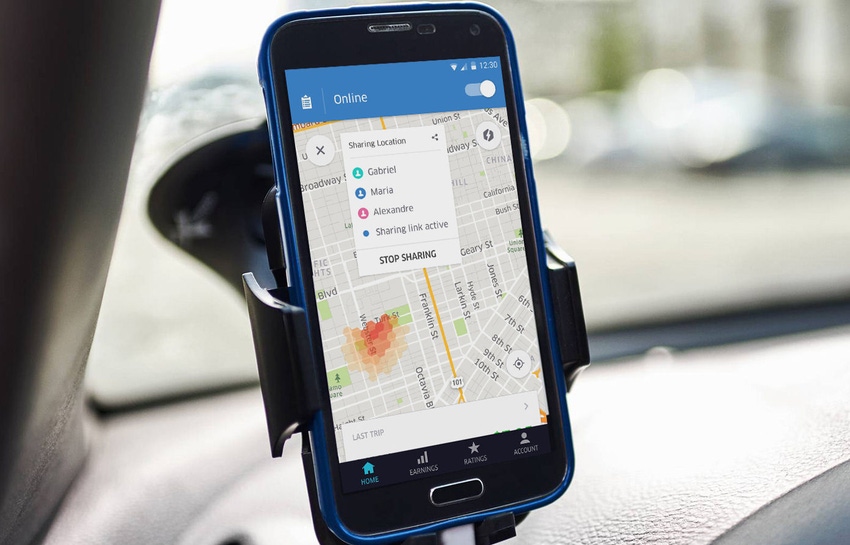Finland’s new Act on Transport Services has opened the taxi market to competition. 90 per cent of taxi rides in the future are expected to be booked on mobile apps, estimated the authorities.
July 6, 2018

Finland’s new Act on Transport Services has opened its taxi market to competition. 90 per cent of taxi rides in the future are expected to be booked on mobile apps, estimated the authorities.
To call Finland an expensive country to live in is a fair comment. To say hiring taxi in Finland is expensive is an understatement. The country had rigid restrictions on cab fare and high entry barriers which have fended off competition. Uber was banned from operating in 2017. Uber drivers’ earnings were confiscated, and its country manager’s assets were seized by Helsinki district court.
This all changed on Sunday 1 July, when the new Act on Transport Services came into effect. It did away with regulated fares, lifted the cap on the number of taxi licences to be issued, and loosened requirements on cab driver qualification. Trafi, the traffic safety agency told the media that its online platform received more than 700 applications for permits to operate taxi service on the first day the new law became effictive. The authorities are taking on additional staff to process the applications and permits will be granted within a day or two.
All this may spell good news for Uber. Drivers holding a permit will be able to take business on the Uber app, providing the so-called Uber Black service. However, because the law specifically requires drivers to apply for permit, UberPOP, which enables unlicensed drivers to provide rides, and has been at the heart of Uber’s legal issues with authorities in different parts of the world, will continue to be banned.
The direct beneficiaries of the new law are the customers, who will have more choices and will likely enjoy more competitive fares. But the deregulated market also opens a new business opportunity for the technology industry. There are more than a dozen taxi hiring apps in Finland now, including Uber, and more are expected to be launched. This is not sustainable. It would not be too much of a stretch to see aggregation and price comparison apps coming to the market. They will be the customer facing front end, and can take a cut from every ride booked on the platform, similar to what Skyscanner does for air travel and Booking.com does for hotels.
About the Author(s)
You May Also Like








.png?width=300&auto=webp&quality=80&disable=upscale)


_1.jpg?width=300&auto=webp&quality=80&disable=upscale)


.png?width=800&auto=webp&quality=80&disable=upscale)